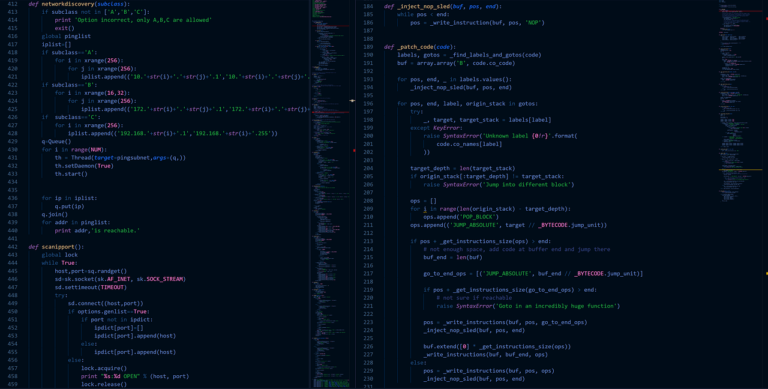The goal is to use natural language processing (NLP) to analyze incoming support tickets and automatically assign them to the appropriate IT teams based on the content of the ticket.
By leveraging NLP, organizations can automate the ticket assignment process, saving valuable time and resources. Instead of relying on manual ticket sorting, NLP algorithms can quickly and accurately assess the content of the ticket, identifying the main issue and categorizing it accordingly. This automated process eliminates the need for support agents to manually read and assign tickets, allowing them to focus on more complex and higher-value tasks.
The use of NLP also enables organizations to improve ticket assignment accuracy. The algorithms can analyze not just the keywords in the ticket but also the context and intent behind the message. This deep understanding of the ticket content ensures that it is assigned to the most appropriate IT team or individual, minimizing the chances of misalignment or delays in issue resolution. As a result, the right experts are engaged from the beginning, leading to faster response times and increased customer satisfaction.
Implementing NLP for ticket assignment also enables organizations to gather valuable insights and analytics.
Implementing NLP for ticket assignment also enables organizations to gather valuable insights and analytics. By analyzing patterns in the ticket data, organizations can identify recurring issues, common customer pain points, or areas where additional support or resources are required. These insights can then be used to optimize processes, prioritize resources, or proactively address potential problems, ultimately leading to improved overall support operations.
However, there are certain considerations and challenges that organizations must be aware of when implementing NLP for ticket assignment. Firstly, the accuracy of the NLP models heavily relies on the quality of the training data. Organizations must ensure that the models are trained on a diverse and representative dataset to accurately understand and categorize tickets.
Another challenge is handling the complexity of ticket context and user variability. Support tickets can often contain nuanced information, and the same issue may be described using different terminologies or phrasing by different users. NLP models must be robust enough to capture these variations and accurately assign the tickets despite these differences.
While NLP can automate the initial ticket assignment, human oversight and intervention are still necessary. There may be instances where the assigned team needs to re-evaluate or reassign a ticket based on additional information or changing circumstances. Continuous monitoring and feedback loops are essential to ensure ongoing improvements and adjustments to the NLP models.
Here’s an example of Python code using the spaCy library for NLP:
import spacy
# Load the spaCy English model
nlp = spacy.load('en_core_web_sm')
# Define the support ticket categories and corresponding IT teams
ticket_categories = {
'network': 'Network Team',
'security': 'Security Team',
'software': 'Software Team',
'hardware': 'Hardware Team'
}
# Function to classify a support ticket based on its content
def classify_ticket(ticket_content):
# Process the ticket content using spaCy
doc = nlp(ticket_content)
# Initialize the category with a default value
category = 'unknown'
# Check for specific keywords or patterns in the ticket content
for token in doc:
if token.text.lower() == 'network':
category = 'network'
break
elif token.text.lower() == 'security':
category = 'security'
break
elif token.text.lower() == 'software':
category = 'software'
break
elif token.text.lower() == 'hardware':
category = 'hardware'
break
# Return the assigned category
return category
# Example support ticket content
ticket_content = "I'm having trouble accessing a specific website."
# Classify the support ticket
category = classify_ticket(ticket_content)
# Assign the ticket to the appropriate IT team
assigned_team = ticket_categories[category]
# Print the assigned team
print("Support ticket assigned to:", assigned_team)In this code snippet, we first load the spaCy English model. Next, we define the ticket categories and their corresponding IT teams. The classify_ticket() function takes the ticket content as input and uses spaCy to process the text. It then checks for specific keywords or patterns related to each category and assigns the most relevant category to the ticket.
Finally, we assign the ticket to the appropriate IT team based on the assigned category and print the result.
Note: This is a simplified example, and in practice, you would likely have a more comprehensive set of categories and more sophisticated NLP techniques to classify support tickets accurately.


